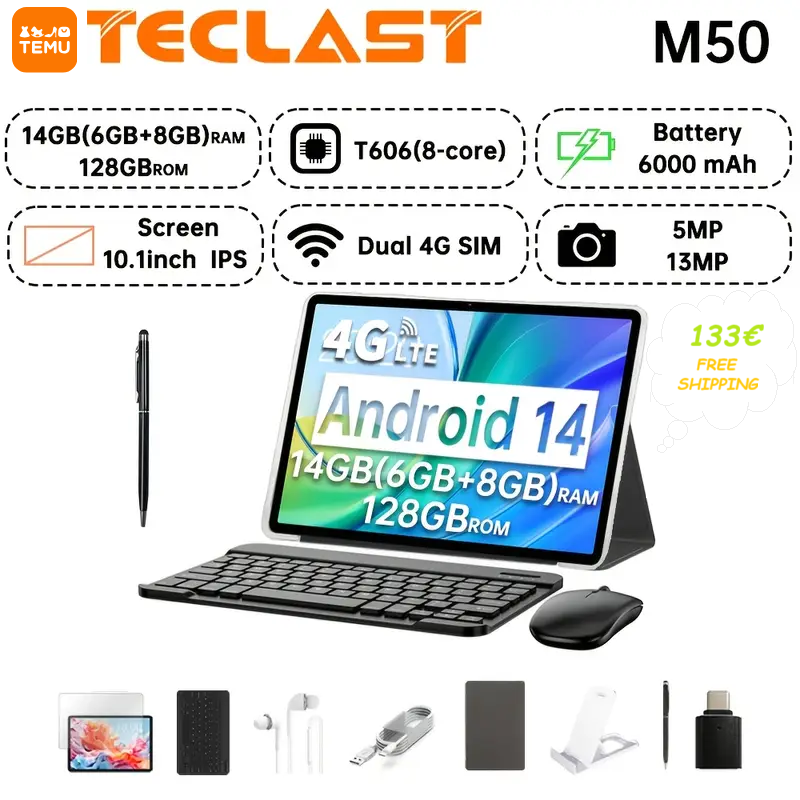RDSP
YOUR LINK HERE:
http://youtube.com/watch?v=49RggzWXH5Y
For Your FREE Consultation with Rob, simply fill out the form and directly book your strategy session in his calendar here: https://robtetrault.com/speak-to-rob/ • Register to our FREE Retirement Planning Masterclass - https://bit.ly/2THZzNj • Register to our FREE Alternative Real Estate Investing Masterclass - https://bit.ly/34ySkgB • 📽 Watch our other video on Disability Tax Credit: • Disability Tax Credit For Canadians • • 1) What's an RDSP? • -it is specifically designed for those who qualify for the DTC, the disability tax credit. • -for somebody who has a qualified disability, it's a plan the government throws a pile of free money towards. So comparable to the RRSP and the RESP, the contributions that you make towards this plan are not tax deductible. For example, you put $1,000 in, you don't get a tax receipt, unlike the RRSP’s case. It's a bit like the RESP in that way. • • -the government does throw in some matching grants on that, which can be quite favorable depending on your income level. • • 2) Could I open an RDSP for a beneficiary? • -a parent opening one for a child who's a beneficiary, or an individual who has a qualified disability opening one for themselves. • -and the grants are matched for the first $3,500 but to get them you must make less than $93,000 per year • • 3) Okay, now we open this account. Maybe I had the DTC now for five years. Can I go back? • -you can. Absolutely. Let's say for a couple of years, maybe you're in low income, you can't afford to put a lot of money into there. And you come into some money or you get a gift at some point and you can put a large amount in and make up for some of those unused years of room. You can get a big pile of grant money in one lump sum and carry forward up to 10 years. • • 4) Okay. Now the DAP, the disability assistant payment, that's for age 60 and beyond. And then would that be taxable on the way out? • -any money that you put into the plan you can take out tax free. It's your money. Any money that the government put in, or growth on the account, is all taxable when the money comes out essentially. It does provide you with an income for your retirement time. • -that's very similar to the RESP. Very similar in that regard for the grant and the growth are taxable in the individual who pulls it out in their name. • -the idea here for planning wise is that • -one, you're getting a ton of money upfront from the government. • -two, It's growing tax free inside the account. That's a big part, right? You're not paying tax on the income that's being generated inside the RDSP. And I guess finally in theory, as you're withdrawing this money, you could potentially be in a lower tax bracket at that age, you've had all those years of deferred growth • the government did put a cap on the contribution limit of $200,000 for a lifetime contribution and up to $70,000 of grant money. • • 5) Do they affect any future government sponsored benefits? • -typically not. I mean, every province does set their own rules as to what qualifies and what doesn't qualify as income for reducing the government benefits. But the idea behind it is hopefully that it doesn't affect your government benefits. Always recommend checking with your provincial governing body. • • 📽 Watch our other video on Tax Update 2020: • Tax Update 2020 [CANADA] • For more information on Rob The Tetrault Wealth Advisory Group, click here: https://robtetrault.com/about/
#############################

 Youtor
Youtor




